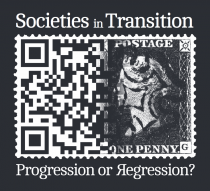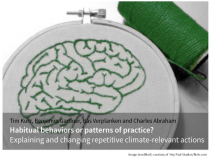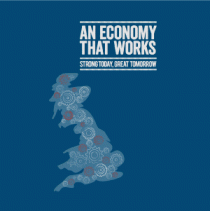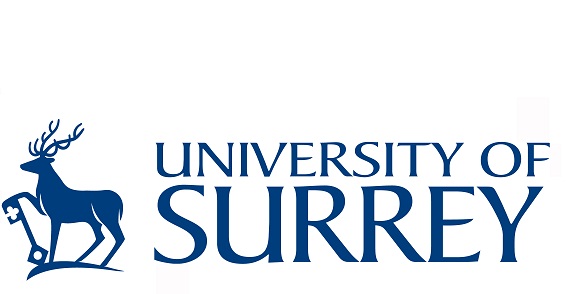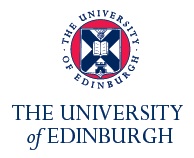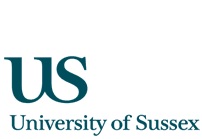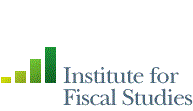- About
- Team
- Projects
- Children and the Environment
- ELiCiT (Exploring lifestyle changes in transition)
- Foundations for Sustainable Living
- HABITs
- Mapping Rebound Effects
- PASSAGE (Prosperity and Sustainability in the Green Economy)
- Policy Dialogue
- Price Responsiveness of Demand in Energy
- Resilience and Sustainable Lifestyles
- Sustainability Transitions in Food Systems
- Sustainable Living in Remote Rural Scotland
- Publications
- News
- Events
ESRC Professorial Fellowship Award
SLRG Director Tim Jackson has been awarded a prestigious ESRC professorial Fellowship
 This Fellowship explores the relationship between sustainability and prosperity in the context of the 'green economy'. It aims to support Prof. Jackson in two main tasks. One of these is to synthesise the research findings from almost a decade of work exploring the concept of sustainable lifestyles. This body of work (developed most recently through an ESRC funded Research group on Lifestyles Values and Environment (RESOLVE) has set out to examine the complex relationships between people's lifestyles, societal values and the environment. Collating and synthesising that evidence in an accessible way for a broad audience is the first main aim of the fellowship.
This Fellowship explores the relationship between sustainability and prosperity in the context of the 'green economy'. It aims to support Prof. Jackson in two main tasks. One of these is to synthesise the research findings from almost a decade of work exploring the concept of sustainable lifestyles. This body of work (developed most recently through an ESRC funded Research group on Lifestyles Values and Environment (RESOLVE) has set out to examine the complex relationships between people's lifestyles, societal values and the environment. Collating and synthesising that evidence in an accessible way for a broad audience is the first main aim of the fellowship.
One of the core themes that emerges from this body of work involves the tension that sometimes arises between concerns for sustainability and the pursuit of prosperity. This tension is particularly acute when concepts of prosperity are based on ideas of material accumulation. But even when prosperity is framed differently, for example in terms of wellbeing or our capabilities to flourish, the structures of economic growth and the values of consumerism tend to drive society towards unsustainable outcomes. Prof Jackson has written extensively about this dilemma, most recently in his book Prosperity without Growth - economics for a finite planet, which has attracted worldwide attention. The book sets out the dynamics of the problem. But it also points towards structural solutions. The second main aim of this fellowship is to develop these solutions further. In particular, the Fellowship will allow Prof Jackson to build on an existing collaboration with Canadian economist Prof Peter Victor to develop a macroeconomic model of the green economy.
The model sets out the key economic relationships, for instance between consumption, savings and investment, between the private and the public sector, between enterprise and households, in an ecologically constrained economy. It explores key questions about the structure of financial markets, the role of community-scale investment, the nature of economic activity and the role of different ownership structures in a green economy. In doing so, it allows for an enhanced understanding of the transition to a green economy. Once the model is developed it will be applied to five case study countries, with different stages and structures of development.
More information on the ESRC Professorial Fellowship Programme here. Visit PASSAGE here.


